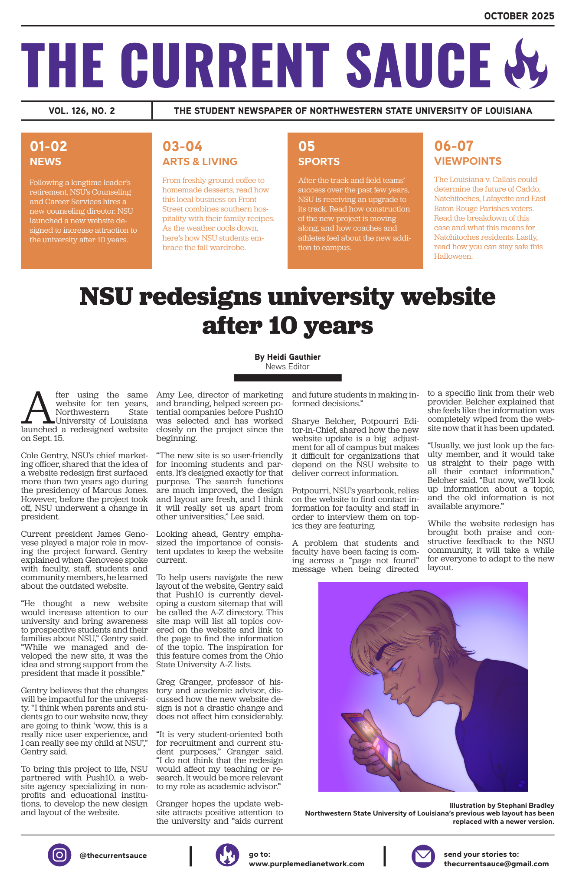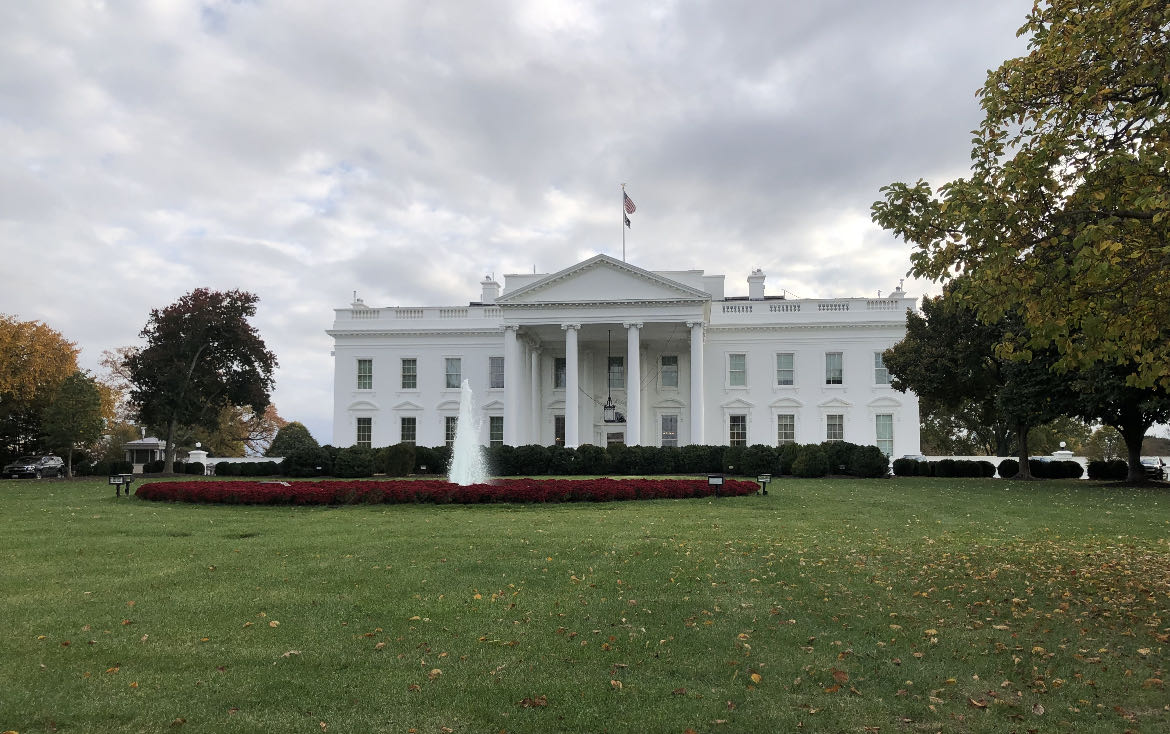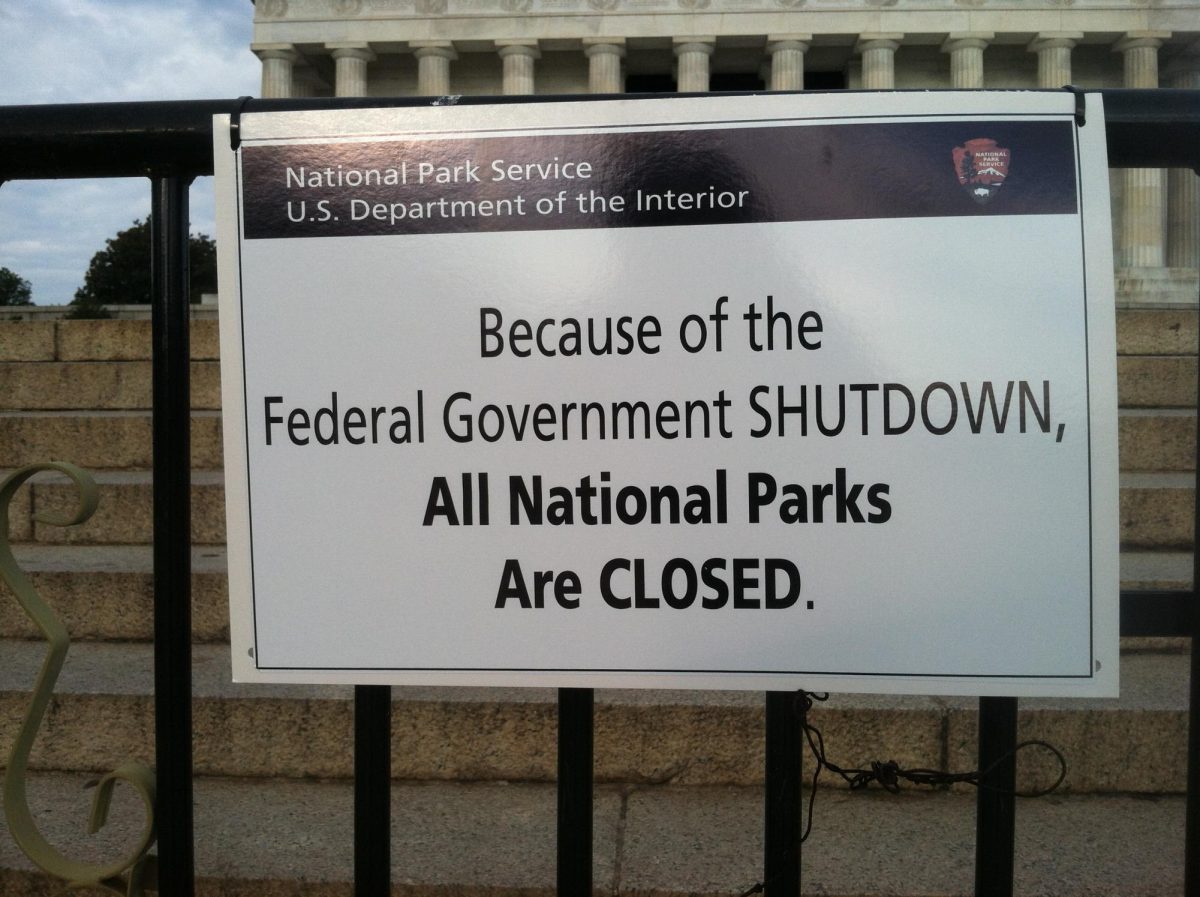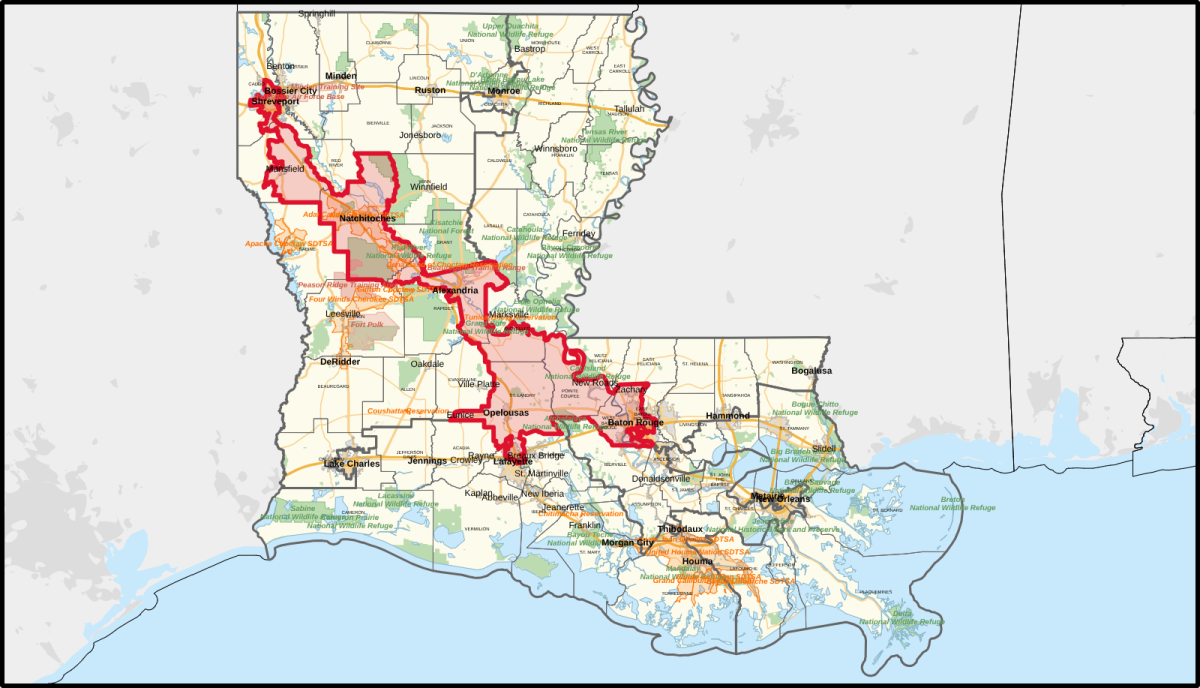Would you want your great grandparents to be making world-changing decisions for our country daily when they usually can’t remember your name or what year it is? The truth is that a lot of people that hold political offices today are of that age, and while not all are cognitively declining, it strikes a debate on whether we should enact an age limit to hold a political office, and what the repercussions of that decision could be.
On Sept. 29, 2023, Dianne Feinstein passed away at age 90. She was the first woman mayor of San Francisco, the first woman elected to the Senate from California and the longest-tenured woman to serve in the United States Senate. Regardless of her political views, she moved mountains for future women in politics, but she also worked until the day she died, having voted on the Senate floor a few hours before she passed away.
Senators serve 6-year terms, with no term limits. Feinstein had her children managing her legal affairs and acting as her power of attorney, which begs to question if she was of sound mind to be voting on political issues that affect the millions of people in California. Feinstein’s refusal to retire was, in my opinion, a way to cling onto her power longer than she needed too, and in turn blocked what could have been decades worth of progress by a younger politician who could have taken her spot when her health started to decline.
Feinstein is only one of hundreds of politicians who have held onto their powerful positions for far too long. The only branch of government that has a limit of terms in which you can serve is the executive branch. There are no age limits for any political offices in the United States, and people in offices like Congress can hold their position for life, as long as they get voted for, and other offices like the president allow you to run at any age above the minimum age requirement.
There is no doubt that cognitive decline starts as you get older, and if a politician is holding an office, such as Congress, for life, what options do the public have to get them out of office beside them retiring? How many politicians have inflated egos and would rather die while voting than make way for a new generation who can keep up with new politics and society?
A rebuttal that comes up often when having this discussion is that older politicians and older people in general bring a lot of wisdom and experience to the office. They have gone through things like wars and slavery and can attest to the before and after of these events. This is a good argument, because it can be important to have firsthand accounts of issues that you are voting on.
However, one big issue with having people above 70 is that it can be almost impossible for many of them to keep up with constantly changing news, world politics and people. How many people 70 or above do you know that they can operate technology on their own? There are people who can, but for the majority, it can be difficult, and technology is only one example of something that continues to change every day and is becoming more prevalent in our day-to-day society.
As we become more reliant on technology, are we making it more difficult for elderly people who did not grow up with it like we did? Or are they are not able to keep up with trends, which is another example of why they should not be in such a fast profession such as politics at such an old age.
If we were to enact an age limit in political offices, what would that age be? If you were to say 65, which is a common retiring age, and let’s say that it got enacted today, how many politicians would be kicked out of office? The majority would, including our current president, most of our senators and half of our supreme court. While the younger generation is making their way into political offices, the majority are still 60 and older, and most do not have plans to leave anytime soon. While these older people are still holding our most important offices in the United States, they are going to vote no for an introduction of an age limit, because it is offensive to them.
If the option of age limits is out of the picture for now, then what else can we do to make sure that the people making the important decisions for the public are of sound mind? We can do other measures to measure mental fitness such as cognitive evaluations, to make sure that the politicians have retainable memories and are not facing rapid decline. Either way, I hope that we can start to get more younger people in political offices in order to get people with fresh perspectives, who are at their mental peak and ready to vote for the good of the people, and not just become a career politician.



































